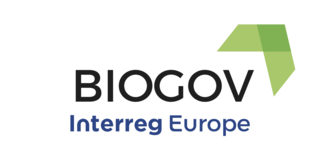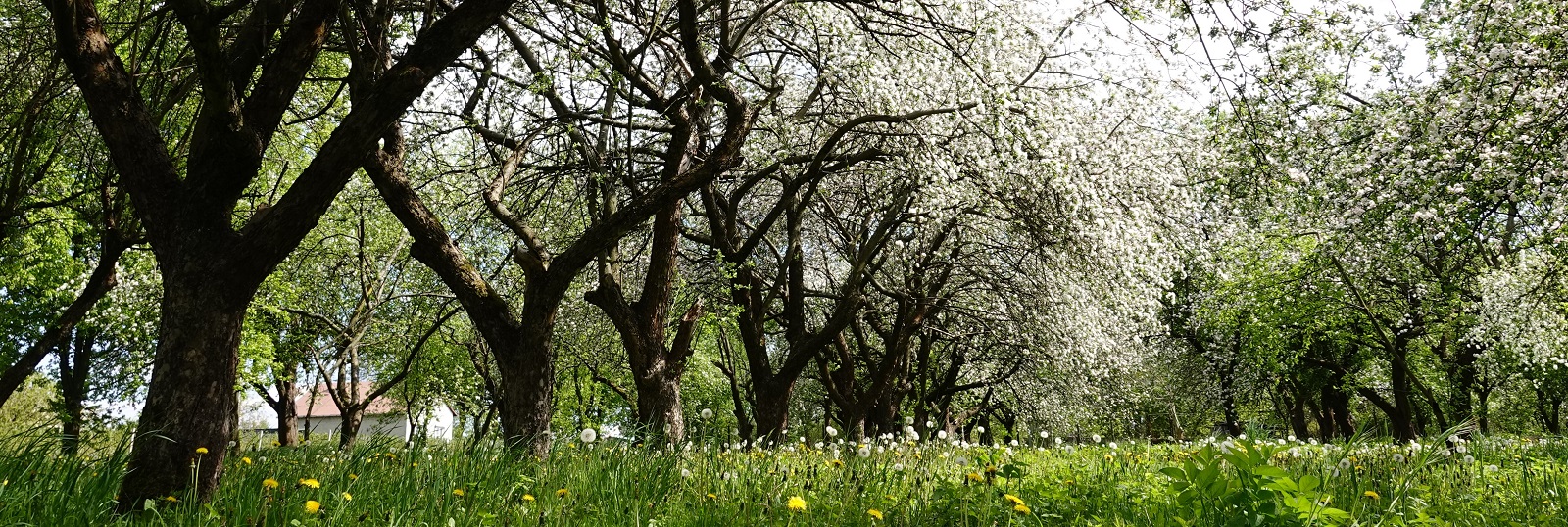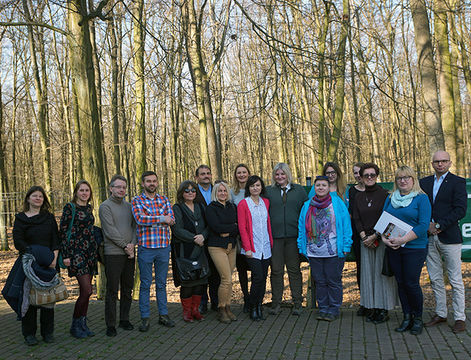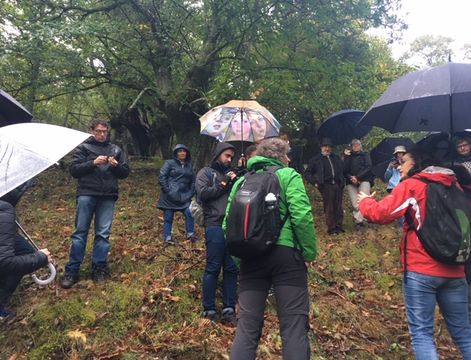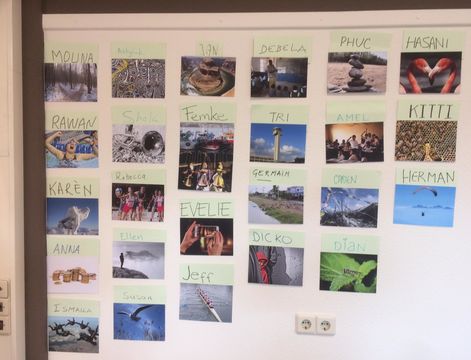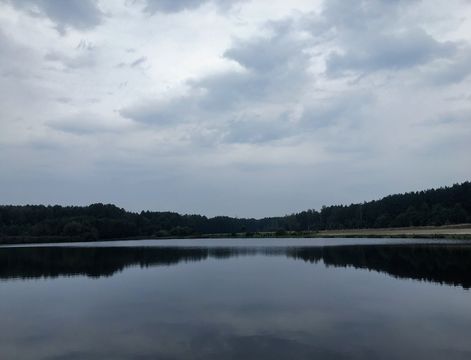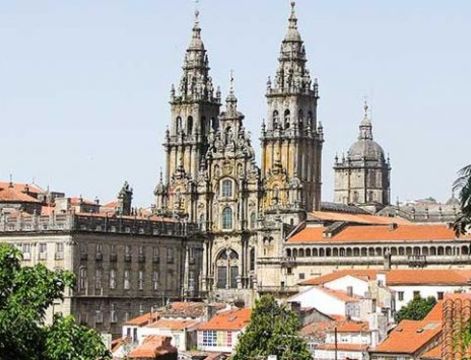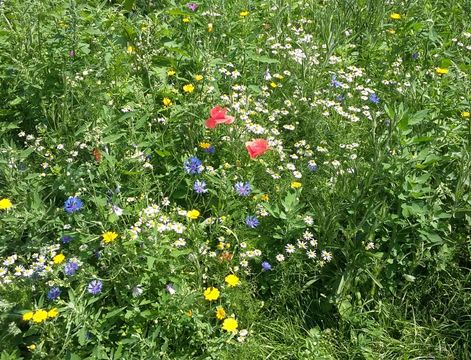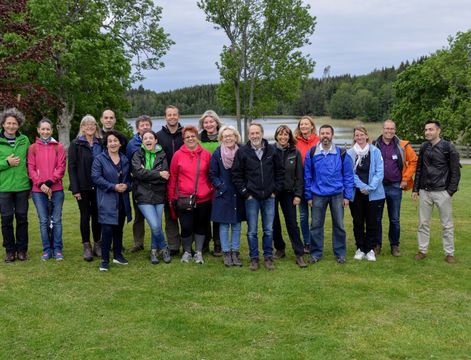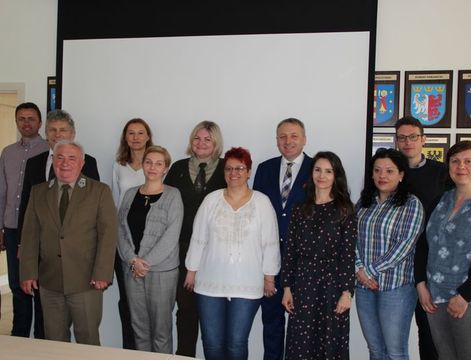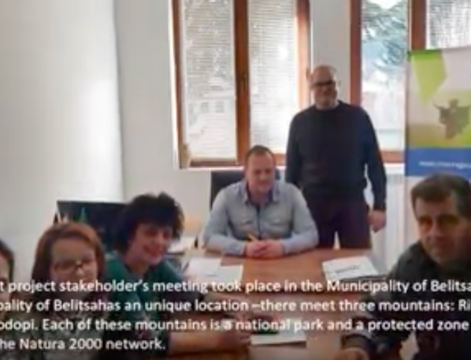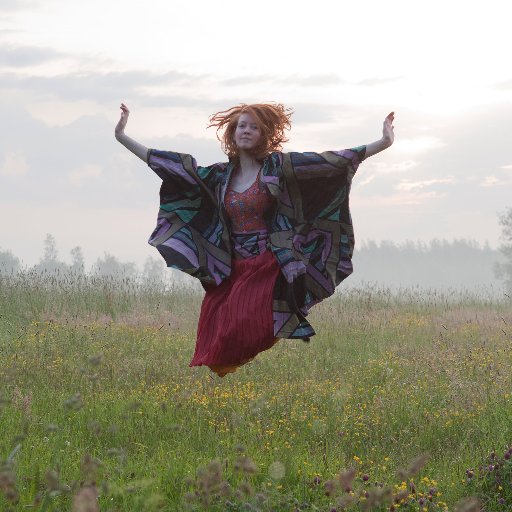How can we make a more healthy and biodiverse-rich environment for ourselves, our children and grandchildren? This is the central goal of the activities of the so called working group Twirre (the Frisian word for whirlwind). The working group is the regional stakeholder group of the BIOGOV project and brings together citizens, farmers, entrepreneurs and government representatives in the region of Noard-East Fryslân in order to make joint plans for restoring biodiversity. Twirre’s second meeting took place on September 11th in the small village of Nes, just behind the Wadden Sea coast.
After pitches about soil improvement, ecologically sustainable gardening, education on biodiversity in primary schools and buying of local food directly from farmers, the participants split up in small groups. In these groups they discussed the mentioned themes and formulated goals for themselves to be carried out at home.
It turned out that the ‘homework’ of the first meeting has already delivered concrete results. Inhabitants of a nearby village are developing a walking path surrounded by flowers that attract insects, farmers surround their land with flowers, young people are encouraged to use less plastic and citizens clean up plastic waste together in order to diminish the plastic soup.
The meeting ended by presenting the next steps in BIOGOV concerning the policy dialogue process. In the remaining months of 2019 the plan is to offer a digital mapping platform to the stakeholders in the with nature data from different sources. Citizens can indicate their suggestions for improvement of biodiversity on the map and indicate the reasons why this is a good suggestion.
The result will be a community vision of improving biodiversity. This vision will be the basis for the Action Plan to improve the Provincial Development Framework. It will be a pilot to link with citizen participation, policy improvement and biodiversity conservation supported by digital biodiversity data.
